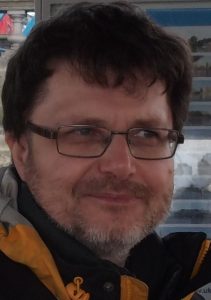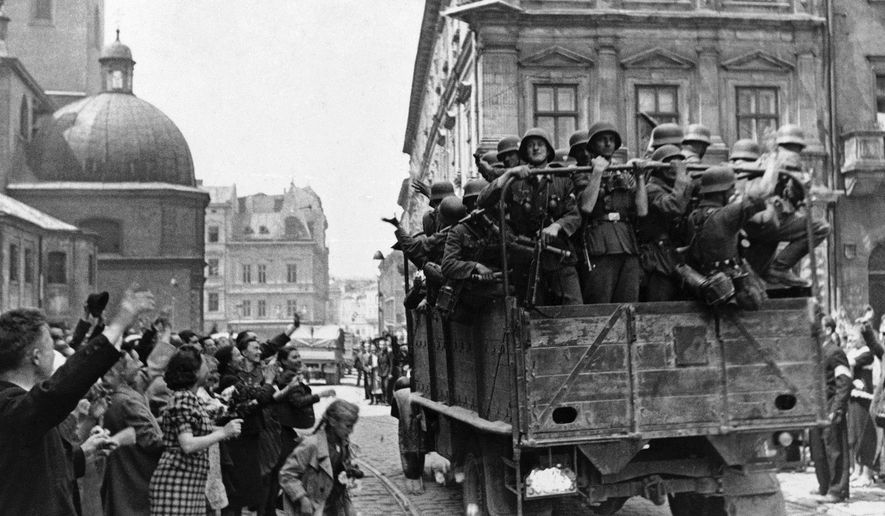Occupation and Inter-ethnic Relations in Lviv, 1939-1945
Christoph Mick
University of Warwick14.7.2016, 19:00
Ratusha Restaurant (Rynok Sq. 1), Lviv
Jewish, Polish and Ukrainian memories of the war contradict each other. In Polish and Ukrainian collective memory the glorification of the heroic struggle of national resistance fighters against the oppressors makes it difficult to engage with the question of Polish and Ukrainian collaboration and participation in Nazi crimes. The lecture traced these conflicting memories back to contradicting experiences. Polish and Ukrainian eyewitnesses refer again and again to the collaboration of Lviv Jews with the Soviet occupiers, while Jewish accounts accuse Poles and Ukrainians of antisemitism, of having profited from Jewish suffering and of active participation in the murder of the Jewish population. Poles and Ukrainians accuse each other of having started the ethnic cleansing of the Ukrainian-Polish borderlands. The lecture focused on key events which have a firm place in Jewish, Polish and Ukrainian collective memory: the reciprocal perceptions during the Soviet occupation, the proclamation of a Ukrainian government and the pogroms which occurred during the transition from Soviet to German occupation, and the violent resolution of the Polish-Ukrainian conflict in the second half of the war.

Christoph Mick
Professor of History at the University of Warwick (UK). He is author of Kriegserfahrungen in einer multiethnischen Stadt: Lemberg, 1914-1947 (Wiesbaden: Harrassowitz, 2010), English version: Lemberg, Lwów, L’viv, 1914-1947: Violence and Ethnicity in a Contested City (La Fayette: Purdue University Press, 2016). He is currently working on a transnational history of the cult of the Unknown Soldier in inter-war Europe.
Jewish Days is a public program for general audiences. It is related to two other projects of the Center for Urban History - Summer School in Jewish History and Multicultural Past, held annually since 2010, and the initiative Space of Synagogues: Jewish History, Common Heritage and Responsibility (in partnership with the Lviv City Council and the German Society for International Cooperation, GIZ).
Credits
Cover Image: Inhabitants of Lwow on July 2, 1941, Soviet occupied former Poland wave at a passing truckload of German solders as Nazi troops took over the city.
